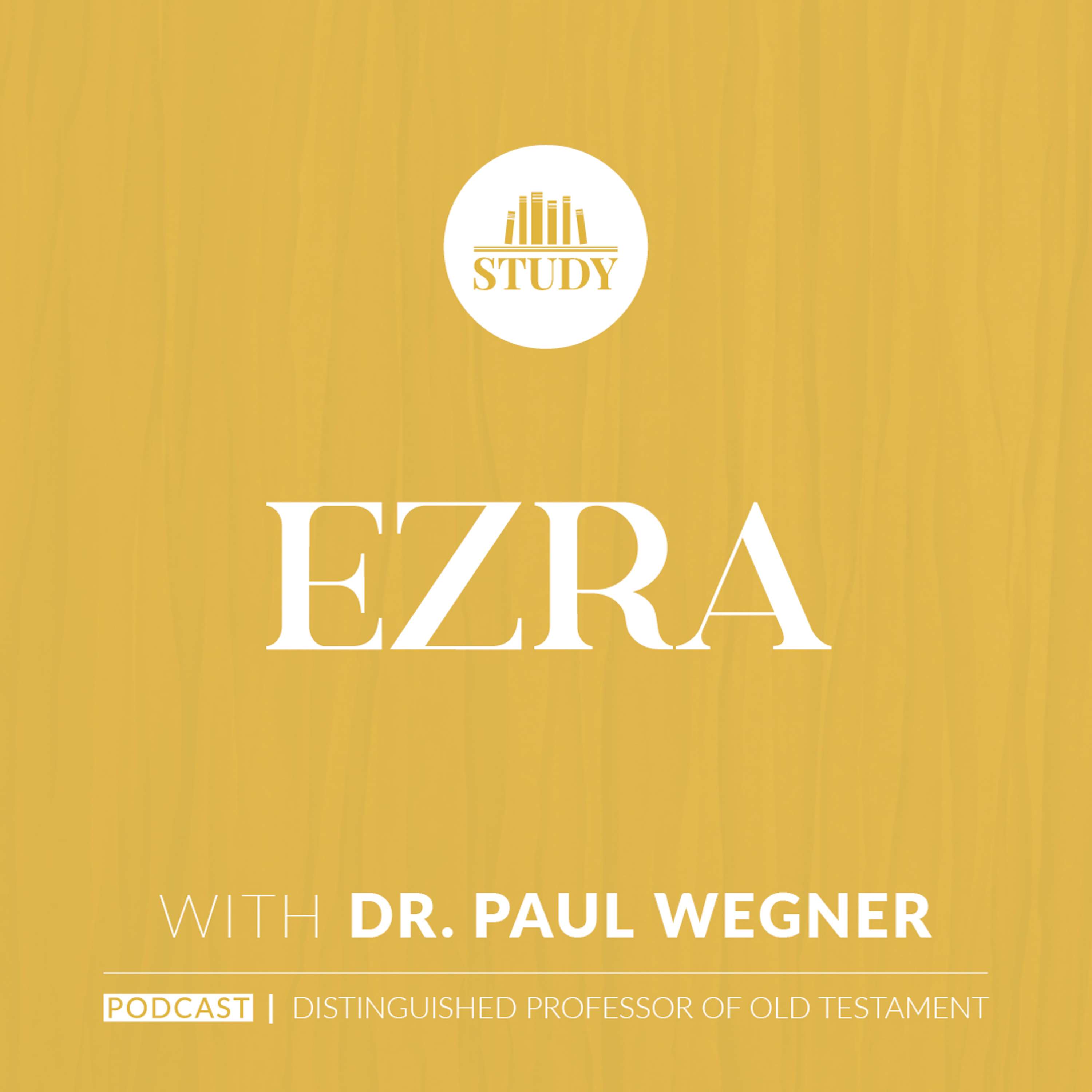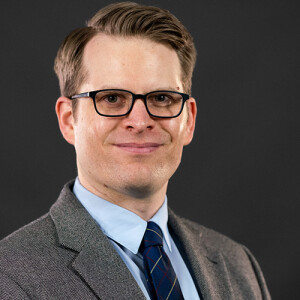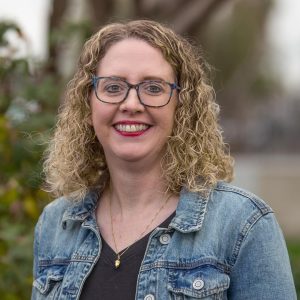Shadow Christians are people who work in dimly lit margins, in the shadows created by the spotlight shining on others. They are believers who serve quietly, often anonymously, doing the work that keeps churches, organizations, families, and communities functioning. Shadow Christians make an impact even when no one knows their names.
Who provides ministry money? God is our Source and Sustainer, period. But while financial resources come from God, they almost always pass through someone’s hands on the way to a church’s bank account. Who are these donors? They are rank-and-file Christians who give relatively small amounts – consistently, quietly, sacrificially – that make a significant impact when combined with the gifts of fellow believers. Most people who earn, gather, and give the money to fund churches and ministries do so out of obedience and gratitude to God, not to gain notoriety.
There are multiple Bible stories that illustrate how unnamed people provided materials for the mission. On several occasions, Jesus directed his disciples to collect necessary resources. They did so with little fanfare and no mention of the donors’ names. Jesus told two of his disciples, “Go into the village ahead of you. As you enter it, you will find a colt tied there, on which no one has ever sat. Untie it and bring it. If anyone asks you, ‘Why are you untying it?’ say this: ‘The Lord needs it’” (Lk. 19:30-31). The disciples found the animal and, as might be expected, questions were raised. “As they were untying the colt, its owners said to them, ‘Why are you untying the colt?’ ‘The Lord needs it’ they said” (Lk. 19:33), “so they let them go” (Mk. 11:6). The most famous colt in history was provided by an anonymous donor.
A few days later, it was time for the Passover and the disciples asked Jesus where he planned to observe it. He told two of them, “Go into the city, and a man carrying a jar of water will meet you. Follow him. Wherever he enters, tell the owner of the house, ‘The Teacher says, “Where is my guest room where I may eat the Passover with my disciples?”’ He will show you a large room upstairs, furnished and ready. Make the preparations for us there” (Mk. 14:13-15).
In both cases, disciples followed Jesus’ directions and made the arrangements. Just as he foreknew and instructed, a colt and a furnished room were provided. Jesus identified specific people who would channel necessary provisions. Isn’t it interesting, despite his capacity to know everything and predict the minute details in these stories, these two donors—colt owner and home owner—remain anonymous? Their gifts mattered more than their identity.
Two other well-known giving stories during Jesus’ ministry also underscore the significance of small gifts given by unnamed donors. When a large crowd needed to be fed and a solution seemed impossible, Andrew said, “There’s a boy here who has five barley loaves and two fish—what are they for so many?” (Jn. 6:9). An unnamed boy, only mentioned once, was the means by which God provided. Jesus took this limited provision, blessed it, and fed 5,000 people with enough leftovers to fill twelve baskets. One of the most consequential offerings in history was given by a child—who was barely mentioned, much less named.
Jesus also used a small gift by another unnamed donor to teach important lessons about true generosity. Jesus was sitting across from the temple treasury watching people give their offerings. Rich people were making generous, showy donations. “Then a poor widow came and dropped in two tiny coins worth very little. Summoning his disciples, he said to them, ‘Truly I tell you, this poor widow has put more into the treasury than all the others. For they all gave out of their surplus, but she out of her poverty has put in everything she had—all she had to live on’” (Mk. 12:42-44). Jesus made it clear—sacrifice matters more than show; proportion matters more than amount.
Shadow Christians are like the people in these biblical stories. They are farmers and homeowners, children with limited resources, and seniors living on fixed incomes. They give what they have—an animal from the herd, hospitality and a spare room, their lunch money, or part of their Social Security check. Most shadow Christians aren’t fat cats or high rollers. They are everyday believers—like you—who know all they have comes from God and he expects them to be good stewards. They are channels of God’s resources, not holding ponds behind dams erected by their selfishness or need to be noticed.
Excerpted from Dr. Iorg’s new book—Shadow Christians: Making an impact when no one knows your name.
Read More

Excerpt — Towards a Clearer Understanding of Jonathan Edwards’s Biblical Typology: A Case Study in the ‘Blank Bible’
Dr. Cameron Schweitzer provides new insights into Jonathan Edwards’s often mischaracterized typology.

Seeing the Unseen
CSBC Women’s Ministry Director Cathie Smith shares how the church can serve the marginalized in its community.
Listen
Sharing the Gospel in Urban Settings
Dr. Hopkins converses with missionary Paul Salem about raising children overseas verses in western contexts and where to start in reaching a city of millions.

Historical Books | Ezra
God is faithful and sends Israel Ezra the scribe when they need him most. But will the people turn from their idolatrous ways and foreign wives?

Watch

Jonathan Edwards and the Asbury Revival
Chris Chun and Chris Woznicki discuss the signs of true revival, signs of the work of the Holy Spirit, and why it is important to critically assess the characteristics of revival in a spirit of charity.

Jonathan Edwards and the Baptists | Douglas Sweeney, Nathan Finn and Chris Chun
Dr. Douglas Sweeney and Dr. Nathan Finn joined Dr. Chris Chun for a panel discussion on Jonathan Edwards, recorded live at the SBC Annual Meeting in Anaheim.




